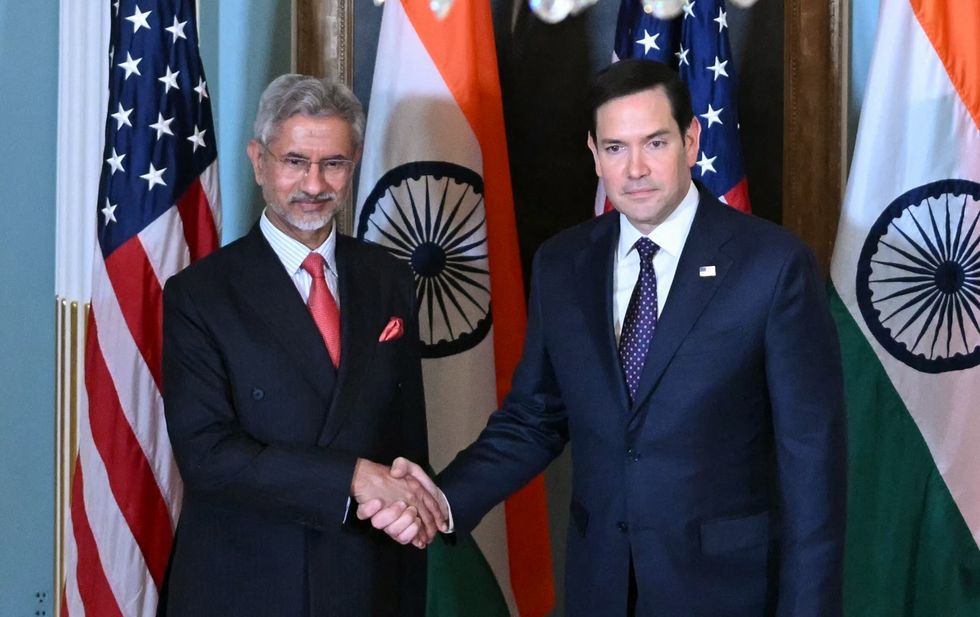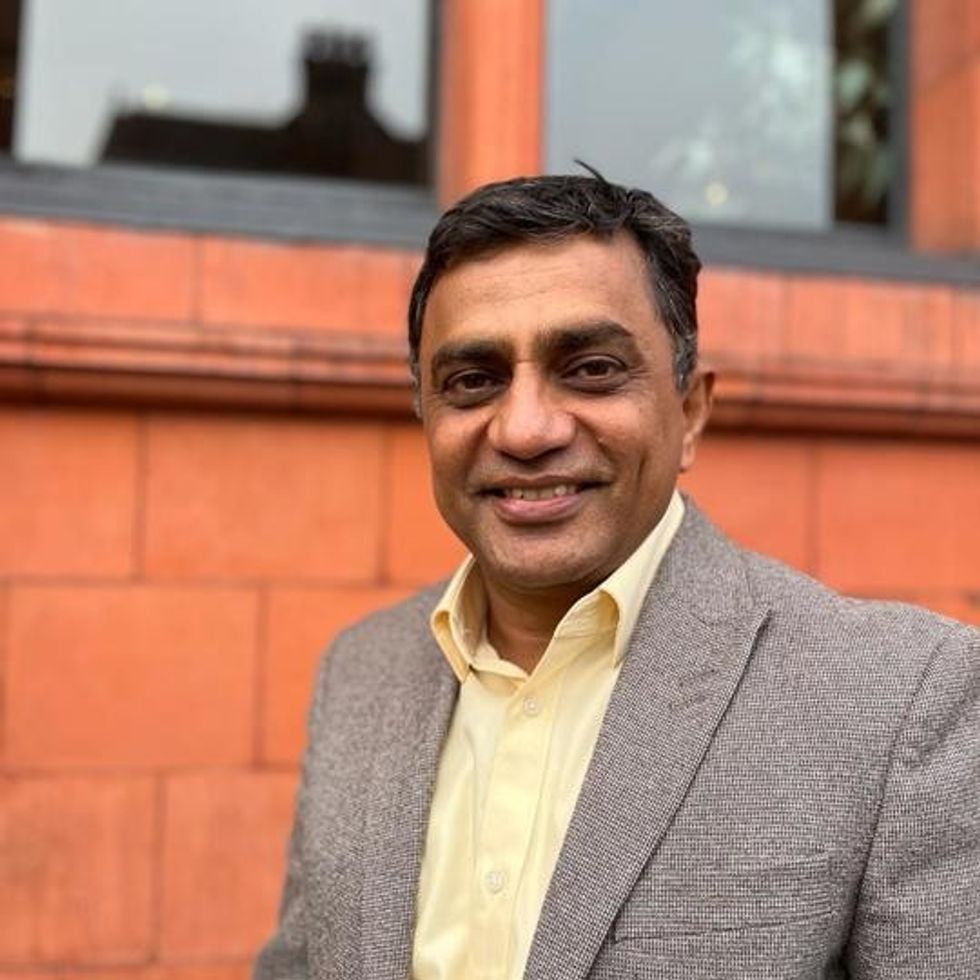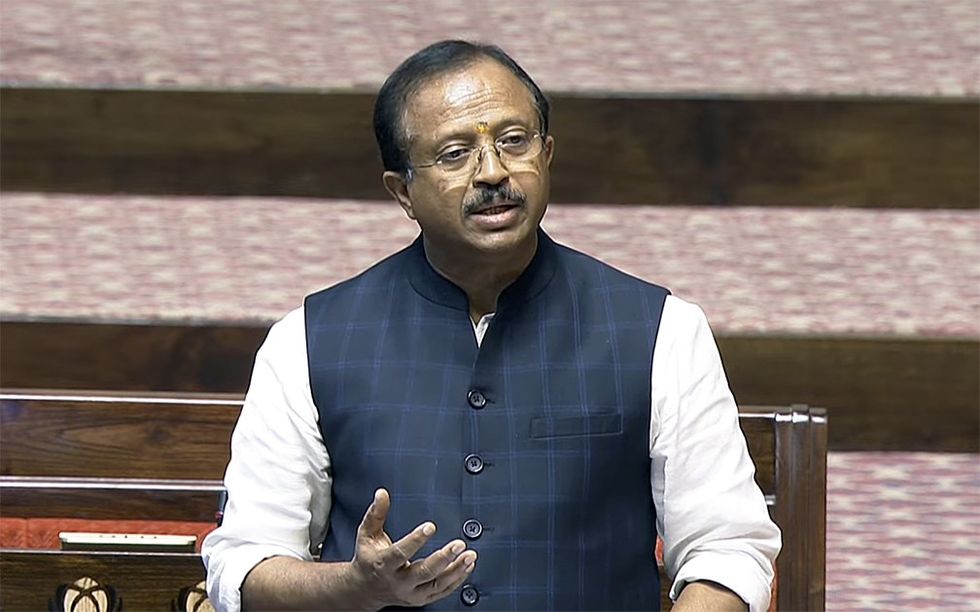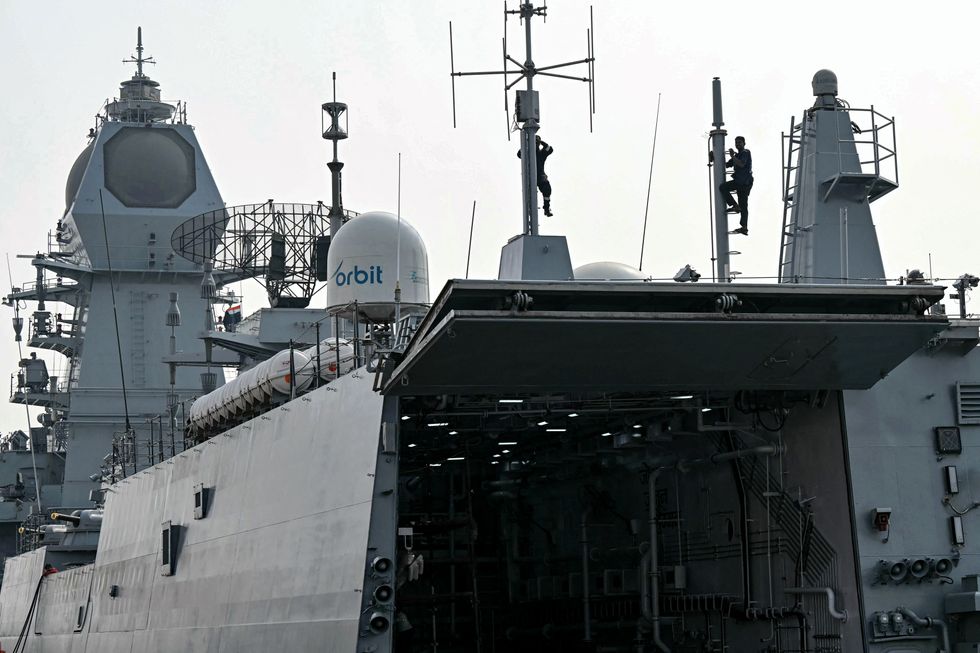When people think of India's history with British colonialism, they probably think of a time of oppression, of the East India Company, and of Indian activist and independence campaigner Mahatma Gandhi. While many know the grand struggle of India at the time, the minutiae and the day to day lives, thoughts, feelings, hopes, and dreams of people living during that time are rarely explored (and Rudyard Kipling's "Kim" doesn't count).
In the new book The British in India, author David Gilmour aims to dive into this, digging into the very ambitions of a diverse tapestry of people. Ranging from missionaries to merchants and from teachers to tramps, the book aims to show what it was exactly that made all of these Brits flock to India, also sharing what it is they did once they arrived. Based on years of archival research and study of papers written by people who lived during the time, the book is a fascinating take on British colonialism in the region. It also gives us a solid background with which to compare the relationship between Britain and India today.
Why Do Indians Visit Britain?
According to official figures from the UK's tourist board, 561,573 Indian people visited the UK in 2017 alone. While you may think that this is out of some curiosity to see the place that sent the colonists, it is actually down to a concerted effort by the UK government to attract Indian tourists as the country's economy (and thus the spending power of individuals) continues to grow.
The UK's then-coalition government (Conservatives and Liberal Democrats) was responsible for multiple speeches that highlighted what the island had to offer. Some of the selling points included the Great British countryside, Stonehenge, and the waxworks of Bollywood stars hosted by Madame Tussaud's. These speeches also noted the historical artefacts that can be found in British museums and in royal palaces - wilfully ignoring that many of these were "acquired" from India in the first place.
What Challenges Are Faced by Indian's in Britain Today?
While Britain has launched a campaign to attract more Indian tourists, the truth is, many Indian people already call the country home (or at least a "home away from home") as more than 1.4 million Indians live throughout the UK.
The problems that they face seem a world away from that depicted in Gilmour's book. Instead of fierce military rule and the East India Company's corruption and grip on the country's economy, the financial qualms faced by Indians in Britain involve changing what they use to buy goods. But even exchanging pound sterling back into the Indian Rupee ahead of trips back home isn't that much hard work these days. Given that India has the world's fourth-largest economy (by GDP), there are 24 trillion Rupees currently in circulation and it's the 20th most traded currency, most exchange operators are well accustomed to Indians living in Britain preparing to take a holiday in their native country.
Likewise, even those taking short trips to the country fare well. Again, instead of the long and arduous journeys by boat detailed in Gilmour's book, actually getting to Britain from India by plane takes just nine hours. The hardest part of planning a journey is the measly six days that it takes to wait for the appropriate visa to come through.
Gilmour's book is bound to be divisive. Many would argue that a book about colonialism in India should focus on the hardships of the people rather than the people who exacted that upon them. But wherever you stand, the book is at least positive in that it gets people thinking about Britain and India's relationship in the past, in the present and even what it will look like in the future.

















 US secretary of state Marco Rubio with India’s foreign minister Subrahmanyam Jaishankar in Washington DC last Tuesday (21)
US secretary of state Marco Rubio with India’s foreign minister Subrahmanyam Jaishankar in Washington DC last Tuesday (21) Anit Mukherjee
Anit Mukherjee V Muraleedharan
V Muraleedharan Dr Sasikumar S Sundaram
Dr Sasikumar S Sundaram


 Workers clean communication equipment aboard INS Surat on January 11
Workers clean communication equipment aboard INS Surat on January 11